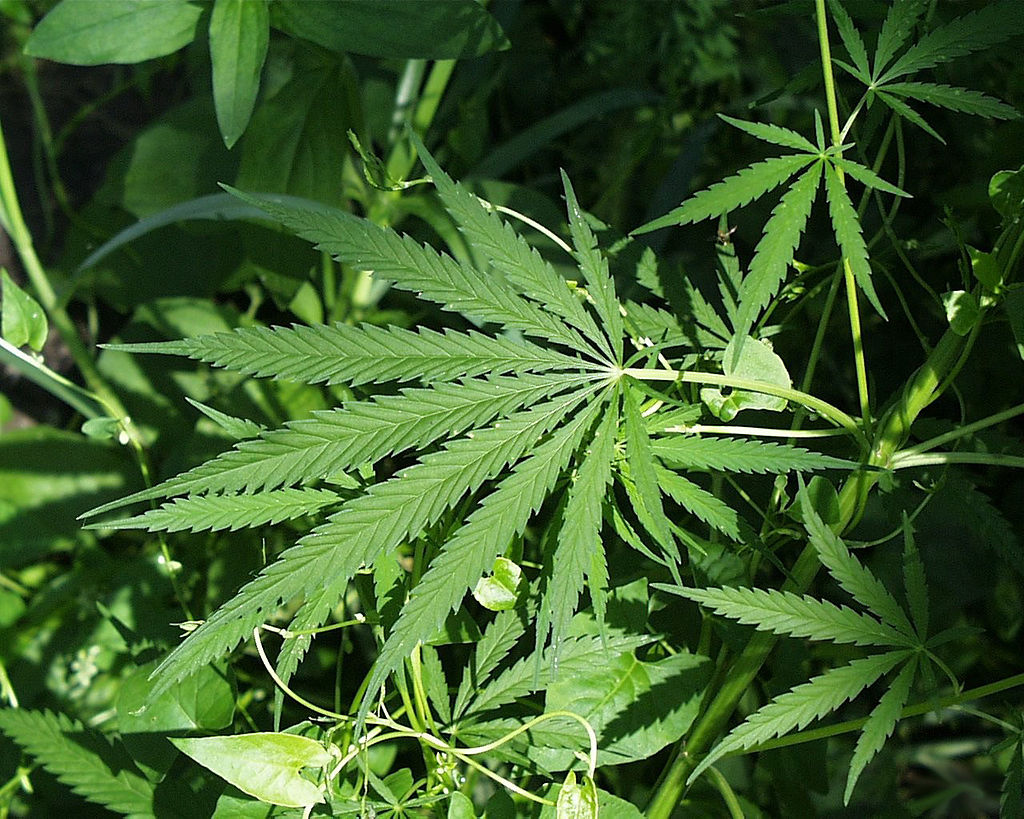
Use of recreational marijuana becomes legal for adults over 21 years old in Michigan on Thursday, but at Hillsdale College, drug policy remains the same: Students and employees of the college may not use or possess marijuana.
The college forbids marijuana because there is “strong evidence that it is bad for one and hurts one’s ability to think and work at a high level,” said Hillsdale College President Larry Arnn in an email.
“The college was founded to ‘improve the hearts and develop the minds’ of the students. This refers to the moral and intellectual virtues, both of which are involved in this policy,” Arnn said.
The college’s drug policy as found in the course catalogue forbids “use, possession, distribution, or being in the presence of any amount of a controlled substance (drugs and/or drug paraphernalia: water pipes, bongs, etc.)” for students. The policy holds students accountable for both on- and off-campus behavior, said Dean of Men Aaron Petersen.
This policy is in keeping with the college’s desire to cultivate students who are “healthy, strong human beings,” said Dean of Women Diane Philipp in a statement provided to The Collegian.
For college employees, too, drug policy remains as written.
The college’s employee handbook states that “the unlawful manufacture, distribution, dispensing, possession, or use of a controlled substance is prohibited at the College.”
Though the college does not have to rewrite its employee policy in light of the changes in Michigan law, the human resources department did send out a statement to faculty and staff in a newsletter on Monday to reaffirm the policy.
The statement cited federal law — which still criminalizes marijuana use — and health consequences as the reasons for banning marijuana for employees. But law is not the fundamental factor in the policy.
“Federal law says it’s illegal,” said Chief Administrative Officer Rich Péwé. “But regardless of that, we would not want it on campus.”
Péwé said marijuana would be “disruptive” to a good working environment and counter the college’s mission. He said marijuana use among employees at the college is “very rare,” and that he’s had to deal with it perhaps once in 20 years.
“We expect a lot from each other,” he said, noting that all organizations make policies for conduct that reflect who the organization is. “As employees, you represent the college. We want to be good human beings. Marijuana changes people’s lives, and usually not in a good way.”
Marijuana presents significant health concerns, said Director of Health Services Brock Lutz, noting that studies have shown that it leads to cognitive impairment and correlates with schizophrenia, but many of its effects are unknown.
“The challenge is that we just don’t know,” Lutz said. “There are health concerns and I think, most of all, health questions.”
Lutz said marijuana also has “insidious” emotional consequences from the drug’s sedative effect, which sets long-term users into a mood of complacency toward life.
“I’ve noticed among people who are consistent marijuana users is there is a slow-growing mediocrity that sets in. It really mimics what it looks like when someone’s depressed,” Lutz said.
Other Michigan colleges are also still banning marijuana, despite the change in state law. Spring Arbor University forbids marijuana, including medical marijuana, for students of any age on and off campus, and will not be changing that policy, said Dan Vanderhill, vice president of student development. Vanderhill cited “personal health, spiritual health, and safety” as the reasons for the policy.
The University of Michigan’s drug policy on its website declares that the change in state law does not change the school’s no-drug policy for students and employees on campus, citing federal law.
“U-M receives federal funding for various uses, including research and student financial aid,” the policy states. “As such, U-M must comply with federal law, including all current federal drug laws.”
In a memo to students and staff, Jackson College also cited federal law and federal funding as reasons for maintaining its no-drug policy.
But if federal law were to legalize marijuana, Hillsdale College policy likely would remain the same.
“That fact alone would not make us change,” Arnn said. “Two reasons why we do not always follow only the law: the college has a different purpose from the country, although the purposes are compatible; laws can be silly and wrongheaded. We must obey them, but we are not restricted to doing only what they say.”
Petersen said he doesn’t often have to deal with student marijuana use.
“Thankfully, it is not something I have to deal with a lot,” he said. “However, it comes up. Every one to two years I will have to address marijuana use with a student or two.”
A substance-addicted life is the opposite of what a Hillsdale student’s life should look like, Lutz said.
“We really want our students to display grit and resilience and courage in facing life’s problems, because I think our perspective is that people grow and they change as people when they face hard things and go through hard things,” Lutz said. “Drugs stop you from dealing with life. They hide it.”

